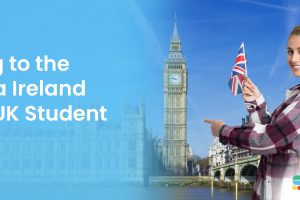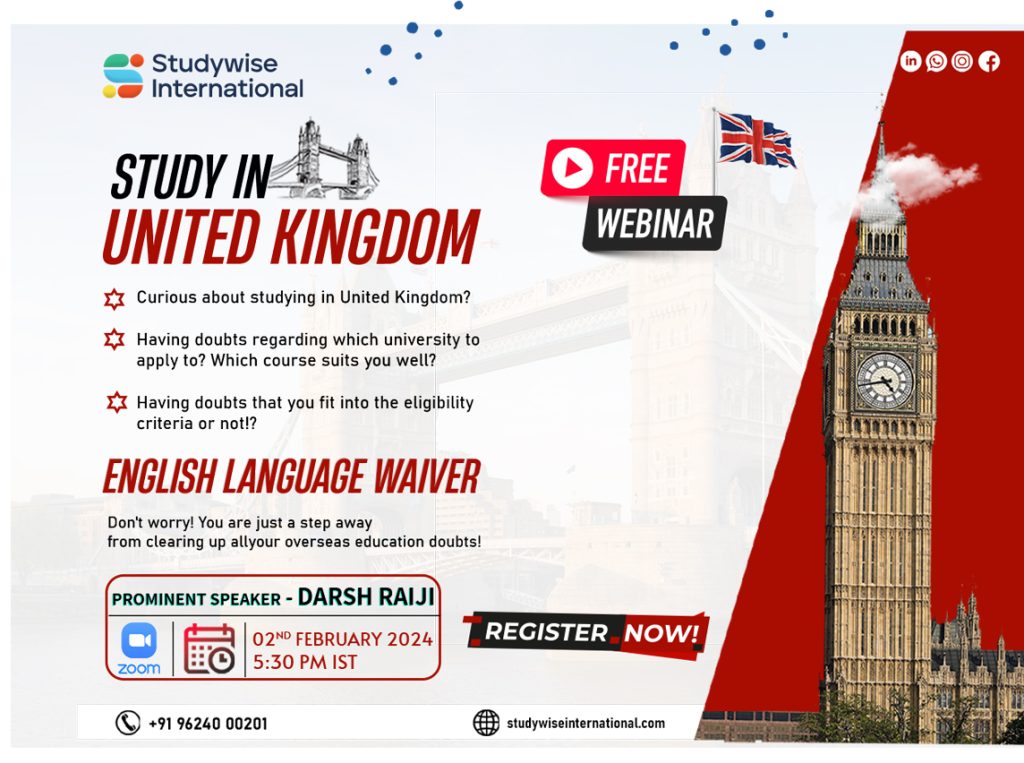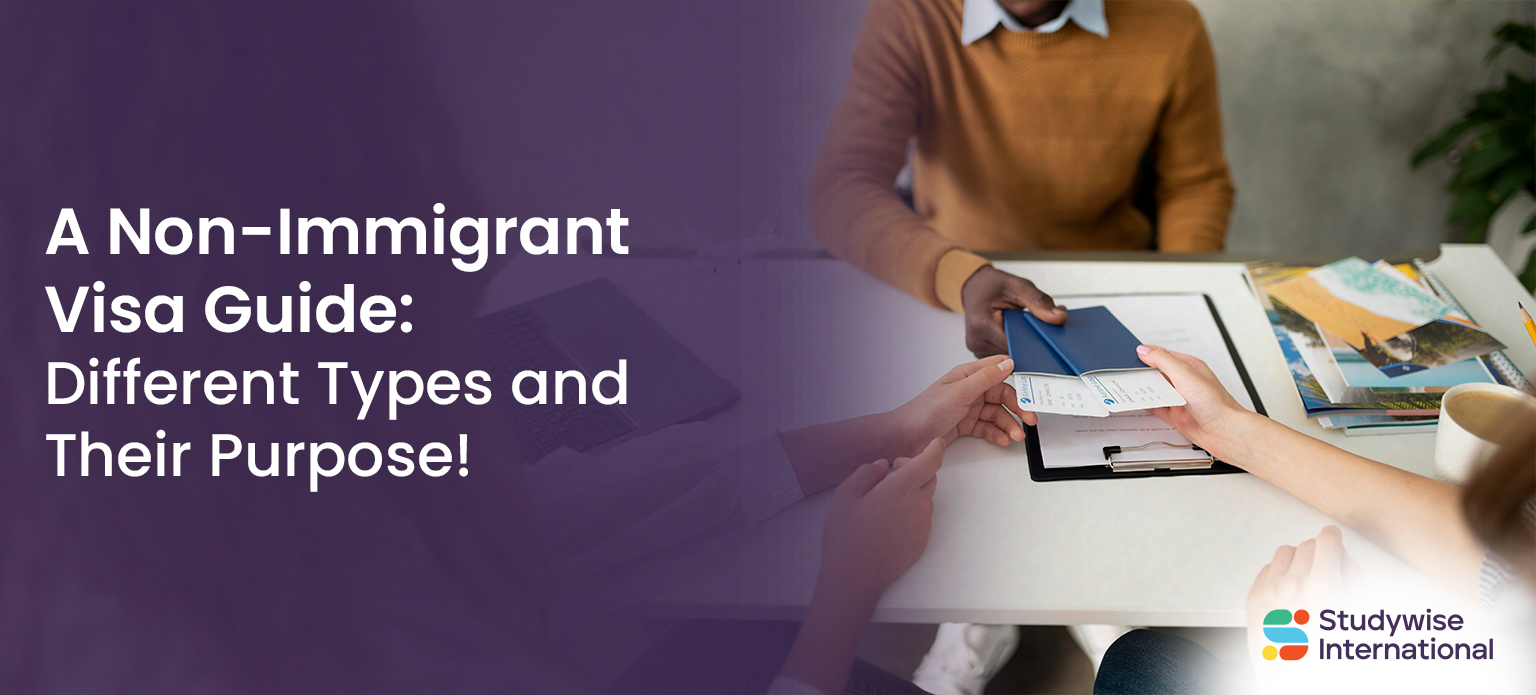
Non-Immigrant Visa: Types, Purpose and Eligibility
- Categories All Study in Abroad Blogs, Student Visa
- Date June 28, 2024
Non-immigrant visas allow residents from different nations to study, work or live in their country on a temporary basis. They have varied perks according to their type, duration and other factors. Be it students aspiring to study in a foreign institute or graduates who wish to gain experience in an MNC. Or someone simply looking to meet their family and friends or relax in a distant land. From business trips to medical visits, these visas are the best options for individuals looking to travel for a definite period of time. Getting one that suits your needs will act as the entry pass to the respective country. Sounds easy? Isn’t as much.
Different countries have different types of visas to cater to their visitors. While some might have a handful of variety, others have categories and subcategories to cater to a large number. The process of obtaining a visa is tedious and tiresome. Processing alone could take 4-8 weeks depending on the country’s authority and regulations. They could further have specific requirements, norms and application costs to strictly follow. Hence, it is important to gain knowledge of the different types of visas to decide which to apply for. And prepare for it strategically.
Student Visa
The student visa, as the name suggests, allows international students to study in a university outside their nation. Top study destinations, like Canada, the UK, Germany, the USA and Ireland, have different guidelines for this visa type. Typically, they have 2 types of student visas. The first allows the students to enrol at an accredited university to undertake a full-time academic course. The other permits them to take a vocational or certificate country during their time of stay. While both sound similar, they set different boundaries. Students enrolled in a full-time course can work part-time during their studies and opt for internships and other projects. At the same time, the documents required for both are, more or less, the same.
Students need a valid passport, coloured photographs and ID proofs along with their academic and financial records. Notably, every document submitted with the university application will be verified again in the visa interview. Their academic records, for a full-time course, must include previous mark sheets and transcripts and results from English proficiency tests and other entrance tests, if any. The financial documents include proof of maintenance funds or sponsorship letters, scholarships or loan documents and more. The student visa has strict eligibility bars set by the study destinations. The student could bring their family with them. They will need a dependant or spouse visa according to their relationship with the student.
Read more: Recent Student Visa Trends in Popular Destinations
Work Permit Visa
A work visa allows a non-immigrant to work in a certain country. Factually, work visas have a higher chance of approval due to the promise of employment. A work permit cannot be processed if the applicant doesn’t already hold an offer letter. Most countries have a free-determined duration for this type of visa. After the expiration, the holder must either reapply for a visa or ask the organisation to sponsor a visa. It can be further renewed as many times as they have an employment contract. While almost all countries offer work visas, some also have Freelancer visas. It, however, has a shorter validity and must lead to full-time employment or business establishment.
The process and documentation of all countries might differ as per the respective country’s norms and regulations. Generally, the documents required for work visas are a valid passport, coloured photograph, ID proof and academic and financial records. The worker also needs to submit professional certificates, Letters of Recommendation (LoR) and employment credentials from their formal employers. Apart from their financial records, their salary, too, must match the minimum wage of the country. Independent and spouse visas of a worker have a higher chance of approval too.
Also read: 6 Impacts of Studying Abroad on Career Prospects
Visitor Visa
The visitor visa allows non-immigrants to remain in the country for a set period of time. This specific time acts as its deadline after which the visa holder must get back to their country of origin. Visitors can use this visa to attend meetings, exhibitions, concerts and other formal and non-formal events or to travel. Patients in need of medical treatment abroad also use this visa to see their doctors or seek out a specific treatment. It is the simplest form of visa with a precise plan or itinerary. During their time, the visa holder cannot study, work or seek employment of any kind. However, if it is an uncertified training related to their current occupation, they may use a visitor visa to attend it. As it doesn’t allow a lifetime entry, the visa authority would like to witness a clear desire to return.
The documents required to apply for the visitor visa are a valid passport, coloured photographs, ID and travel-related documents, This includes 2-way tickets, proof of accommodation and event itinerary, booking tickets or an invitation letter from family or friend. The application also demands the traveller to present a certificate of character, health checkup report and insurance coupled. They further need to present financial documents demonstrating they can, in fact, provide funds for the trip. If they are visiting a friend or family, or have a sponsor, they also need to demonstrate their financial status. Unlike student visas, visitor visas don’t have any eligibility. If you provide the right documents, your visa is likely to get approved.
Read more: Dealing with Visitor Visa Rejection
Business Visa
Like the visitor visa, business visas too allow individuals to travel for work. However, it is much restricted to entrepreneurs. Business owners can travel for consultation, market research, contractual discussions and other commercial operations. Perhaps, to meet an investor or a potential client! They can also travel to participate in events and sports activities. However, only a few countries have classified this type of visa. Some of them are the UK, the USA, Canada, New Zealand and Australia.
The perks are too many but so are the cautions. The documentation procedure and the interview for a business visa are highly strict. The documents usually required are personal and business information, compensation and monetary information, and itineraries or records of past travels. In case of an event, the invitation will help solidify the case. Much like the other visas, business visa seekers also need to present their financial statements. Some countries may also have some health criteria to match.
Have a query? Connect with Studywsie International for a FREE CONSULTATION today!
You may also like

Ireland Intake 2024-25: Universities & Preparation Timeline
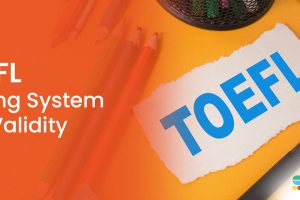
TOEFL Scoring System and Validity
